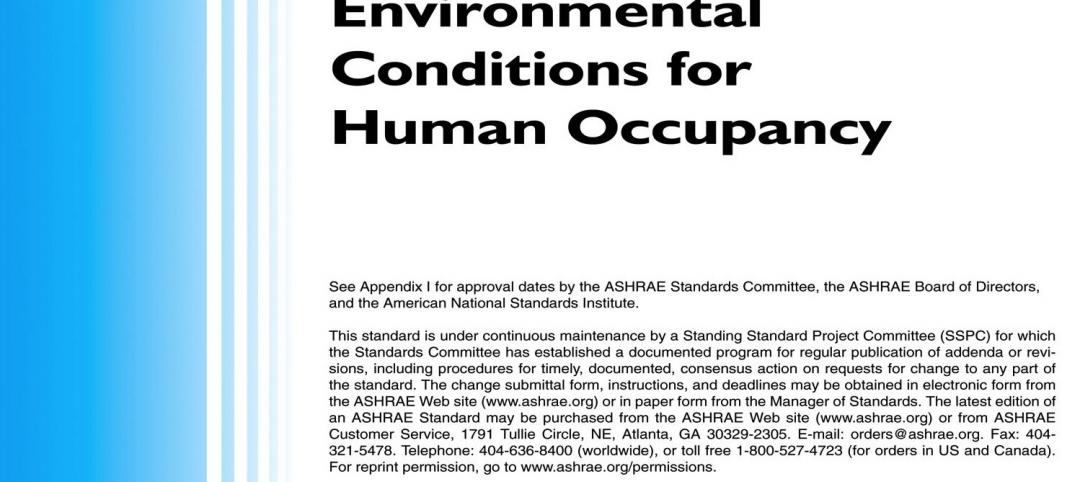OSHA’s proposal to beef up regulations on workers’ exposure to silica dust is generating a lot of controversy. The agency says current rules are outdated, difficult to understand, and inconsistent across industries.
Introduced in August 2013, the proposal would lower allowable levels of crystalline silica in all workplaces, standardize how the dust is calculated, and require medical monitoring for employees exposed to high levels.
OSHA estimates that 688 deaths and 1,585 silica-related illnesses would be prevented every year under the new rules. Opponents charge that the stricter regulations cost too much for the potential benefits. Joseph Brennan, a Cleveland attorney quoted in Crain’s Cleveland Business, said that since 1968, the rate of lung diseases related to silica has dropped by 90%. He indicated that stronger enforcement of existing rules might be a better way for OSHA to handle the issue.
Fred Hubbard Sr., secretary treasurer for the Ohio-Kentucky Administrative District Council of Bricklayers and Allied Craftworkers, said OSHA seems to concentrate enforcement on only the biggest contractors. If a measure is going to impose a lot of costs onto work sites, it should be enforced across the board, he said. The union does support OSHA’s proposed stricter regulations, though.
OSHA has received about 2,000 comments on the proposal. The agency wrapped up public hearings on April 4. No timeline has been released, but OSHA’s final decision could be at least two years away.
(http://www.crainscleveland.com/article/20140413/SUB1/304139997/osha-proposal-is-causing-a-bit-of-a-dustup)
Related Stories
| Dec 26, 2013
OSHA may require companywide reporting of injuries and illnesses
The Occupational Safety and Health Administration is considering a change in policy that would require organizations to submit company-wide data on illnesses and injuries.
| Dec 26, 2013
USGBC recognizes Ohio for achieving 100th LEED-certified public school
The U.S. Green Building Council (USGBC) has recognized the state of Ohio and the Ohio School Facilities Commission (OSFC) on the LEED certification of the 100th public school building in the state.
| Dec 26, 2013
WDMA launches project to create ISO-compliant architectural doors
WDMA's National Architectural Door Council has initiated a project to create ISO-compliant Product Category Rules for architectural wood flush and stile and rail doors
| Dec 19, 2013
Defense Department okays Green Globes standard for DoD facilities
The Green Globes certification program from the Green Building Initiative can be used for the renovation and construction of Department of Defense facilities following agency endorsement.
| Dec 19, 2013
New York City proposal may boost standards for crane maintenance
New York City may boost maintenance standards for cranes operating in the city, including the addition of load cycle counters to record data regarding every lift that a crane performs.
| Dec 19, 2013
Lawmakers say EPA’s Energy Star standards lack transparency
A bipartisan group of lawmakers is raising concerns that the Environmental Protection Agency has not been transparent in drafting energy-efficiency standards under the Energy Star program.
| Dec 18, 2013
ASHRAE publishes 2013 thermal comfort standard
Major revisions for design and measurement of comfortable spaces are included in a newly published ASHRAE 2013 thermal comfort standard.
| Dec 11, 2013
Texas to require architects to be fingerprinted to get licensed
Starting January 1, 2014, architects who apply for an occupational license in Texas will have to share their fingerprints with the state.
| Dec 11, 2013
Province of Ontario is reviewing bill to require timely payments to contractors
Legislation is under review in the Province of Ontario that would mandate timely payments to contractors.
| Dec 11, 2013
Federal design-build proposal could make it easier for small businesses to land government contracts
The Design-Build Efficiency and Jobs Act, a bill pending in the U.S. House of Representatives, would streamline the bid and proposal process by requiring government agencies to use a two-step process when seeking design-build contracts for projects worth more than $750,000.














